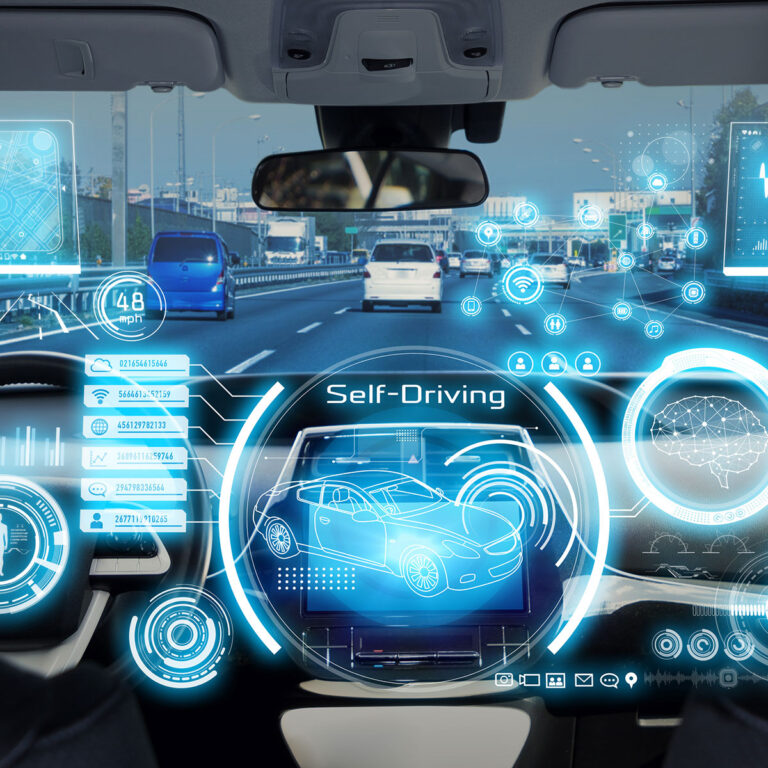Self-driving cars are slowly being introduced into the New Zealand market as a mode of public transportation. Their presence might make things more challenging for rental car companies. After all, why would someone rent a car for $50 a day when they could use a self-driving car at a fraction of the cost to get them to where they need to go? Many experts have opined that the rental car industry is bound to struggle once Kiwis’ access to self-driving cars arrives, as it will have to compete against the advanced, futuristic technology.
On the other hand, it might encourage some interesting mergers between rental car companies and self-driving car businesses. While the future is uncertain, the debate has sparked some speculation.
A Slow Introduction
The current general thinking is that while self-driving cars are the future, it’s still quite a way off for the average Kiwi. According to a recent report from MRCagney on autonomous vehicles, New Zealand’s current road infrastructure, regulatory frameworks and levels of technological development are all areas that need to be fleshed out in detail before self-driving cars become more commonplace and that could take quite a bit of time.
Questions also exist as to whether these autonomous vehicles would help with the transport of goods across the country in addition to transporting people. It also remains to be seen whether these autonomous vehicles would supplement existing transportation methods or take the place of them completely.
New Zealand’s implementation of autonomous vehicles is set to take place in three distinct stages:
- Phase 1: to take place between 2018-2040, features the introduction of self-driving vehicles with laws being continuously updated and public transport methods evolving
- Phase 2: between 2040-2055, likely sees autonomous vehicles become less expensive and driverless taxis are likely to become more common
- Phase 3: between 2055-2070, sees autonomous technology as the new standard for the future
Effect on the Rental Car Industry
While the full effect on the rental car industry remains to be seen, as driverless cars are only beginning to be introduced to New Zealand, the rental car industry will be forced to adapt to a changing market. This is starting to occur in the the United States, where autonomous vehicle company Waymo, a division of Alphabet, Inc., partnered with the big-name rental company Avis in June 2017. With this new joint venture, Avis can begin offering driverless rental options in areas that allow for them, which is currently limited to only a few US cities.
In New Zealand, Auckland-based company HMI Technologies is set to release its first driverless shuttles at Christchurch airport later in 2018. Back in September, its subsidary, Ohmio Automotion, successfully completed a trial run of driverless buses in Christchurch. Its fleet of self-driving vehicles used self-mapping artificial intelligence to find their way around the Christchurch Art Gallery. The trial allows company experts to gauge how reliable and safe these vehicles are before moving on to developing a regulatory framework and exploring what it would take to actually put these cars on the road.
For now, these Ohmio buses are being used in controlled environments, such as at the Christchurch Art Gallery, and later this year at the airport, before deploying onto public roads. It’s likely a long way off before Kiwis will see self-driving cars while commuting each day.
The increased prevalence of self-driving cars will surely force New Zealand’s rental car industry to adapt and may even result in some exciting mergers between self-driving car companies and rental car businesses. It’s a partnership that makes a lot of sense for both companies, as it allows the self-driving car industry to access the rental market and it may attract more customers if self-driving cars are an option.
For now though, rental car companies seem safe from the competition.

